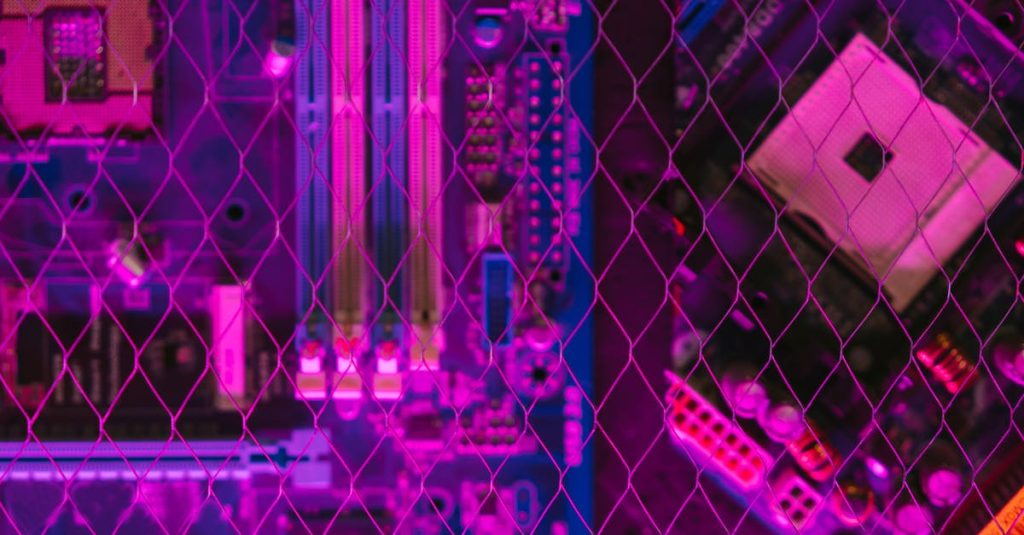Intel Tower Acquisition Falls Through: What’s Next?
Intel Corporation (Nasdaq: INTC) and Tower Semiconductor (Nasdaq: TSEM) have announced their joint decision to abandon their prior agreement on the acquisition of Tower by Intel due to the inability to acquire the necessary regulatory approvals within the desired time frame. As a result, Intel will pay Tower a $353 million termination fee. Following this development, both companies are expected to forge ahead independently, striving for growth and innovation in their respective markets. The dissolution of this acquisition underscores the complexity involved in obtaining regulatory approvals within specific time frames and highlights the importance of thorough due diligence in such large-scale ventures.
Intel’s Continued Commitment to Foundry Endeavors and IDM 2.0 Strategy
Pat Gelsinger, Intel’s CEO, reaffirmed the organization’s unwavering commitment to its foundry goals and the IDM 2.0 strategy, which seeks to reclaim leadership in transistor performance and energy efficiency by 2025. Gelsinger also expressed his admiration for Tower and alluded to potential future collaborations between the two companies. By building on this partnership, Intel intends to utilize Tower’s expertise in specialized technologies to further solidify its foothold in the semiconductor industry. Strengthening these ties will not only encourage innovation but also motivate both companies to explore new opportunities in the constantly shifting technological landscape.
Intel Foundry Services (IFS) Achieves Significant Growth
Over the past few years, Intel Foundry Services (IFS) has seen remarkable growth, with revenues soaring over 300% year-over-year in the second quarter of 2023. Additionally, Intel has forged agreements with Synopsys, Arm, MediaTek, and the US Department of Defense’s RAMP-C initiative. By the end of the decade, Intel aims to become the world’s second-largest external foundry provider. This rapid expansion has positioned IFS optimally to take advantage of the burgeoning demand for advanced semiconductor chips across various sectors, including automotive, consumer electronics, and telecommunications. Intel’s strategic alliances with prominent industry players are expected to not only bolster the company’s market position but also spur further innovation and growth in the coming years.
Intel’s Dedication to Objectives and Growth Strategies
Despite the termination of the Tower Semiconductor acquisition, Intel remains steadfast in its pursuit of goals and growth strategies within the semiconductor industry. Undeterred by this setback, Intel continues to actively seek out investment opportunities and partnerships that align with its vision and area of expertise. The company is committed to driving innovation and efficiency in the market to ensure its long-term success and ongoing relevance in the ever-changing technological landscape.
Challenges and Uncertainties in the Semiconductor Industry
Nevertheless, several obstacles and uncertainties, such as fluctuating demand for Intel’s products, competition, and technological shifts in the sector, persist. Regardless of these challenges, Intel remains invested in research and development to stay ahead of the curve and preserve its competitive advantage. By concentrating on innovation and strategic alliances, the company aims to adapt to evolving market dynamics and meet the various demands of its diverse clientele.
Addressing Risks Related to Global Supply Chains and Sales
Another area of concern is the risks associated with global supply chains and sales. These risks encompass disruptions caused by geopolitical tensions, natural disasters, and public health crises, which can result in delays or, in worst-case scenarios, total breakdowns in production and distribution processes. Companies must remain vigilant and implement effective risk management strategies to mitigate potential vulnerabilities in their supply chains and sales networks. By doing so, they can ensure their long-term stability and continued growth within an increasingly competitive and uncertain market.
First Reported on: INTC
FAQ
Why did Intel and Tower Semiconductor terminate the acquisition deal?
Intel and Tower Semiconductor terminated the acquisition deal due to the inability to acquire the necessary regulatory approvals within the desired time frame. As a result, Intel will pay Tower a $353 million termination fee.
What is Intel’s IDM 2.0 strategy?
IDM 2.0 is Intel’s strategy to reclaim leadership in transistor performance and energy efficiency by 2025. This involves a strong commitment to its foundry goals and potential future collaborations with companies like Tower Semiconductor to strengthen and expand their capabilities in the semiconductor industry.
How has Intel Foundry Services (IFS) been performing in recent years?
Intel Foundry Services has seen significant growth, with revenues soaring over 300% year-over-year in the second quarter of 2023. Intel has also forged agreements with Synopsys, Arm, MediaTek, and the US Department of Defense’s RAMP-C initiative. The company aims to become the world’s second-largest external foundry provider by the end of the decade.
What are some challenges and uncertainties in the semiconductor industry?
Some challenges and uncertainties in the semiconductor industry include fluctuating demand for products, competition, technological shifts in the sector, and risks associated with global supply chains and sales due to geopolitical tensions, natural disasters, and public health crises.
How is Intel addressing risks related to global supply chains and sales?
Intel is focusing on implementing effective risk management strategies to mitigate potential vulnerabilities in its supply chains and sales networks. By concentrating on innovation and strategic alliances, the company aims to maintain its long-term stability and continued growth within an increasingly competitive and uncertain market.
Featured Image provided by: Pexels – Thank you!




























